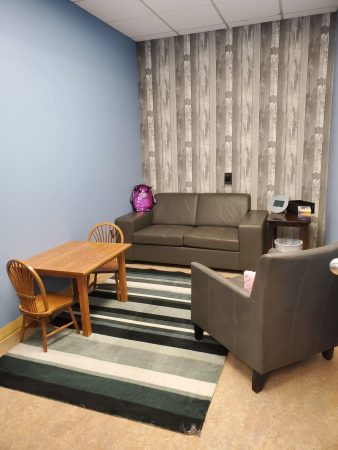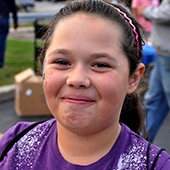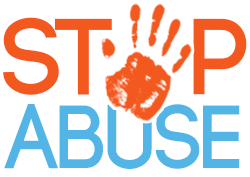FORENSIC INTERVIEWS
Forensic interviews of teens and children
A structured conversation with a child intended to elicit detailed information about a possible event(s) that the child may have experienced or witnessed
Forensic interviews of children and youth are the cornerstone of the Child Advocacy Centre program and child abuse investigations. These interviews are conducted by trained interviewers in a child-friendly and neutral place, using an unbiased and fact-finding manner. The child is given the opportunity to talk to the interviewer about what they have experienced, or know, that resulted in a concern about abuse. The interview is observed through closed circuit TV and audio/video recorded. This process will minimize the number of times that a child will have to talk about the details of what happened.
- Reducing the number of child interviews, thereby reduces stress on the child.
- Repeatedly asking a child to relive abuse amounts to re-victimization.
- Improve evidence quality so that perpetrators can be held accountable for harming children and the public can be protected.
Children may be re-traumatized each time they are asked to retell/recall an abusive incident. This is why forensic interviewing, especially when done in a multidisciplinary way, is so important as it supports our efforts to safeguard and enhance the well-being of the child or youth.

Steps in the Interview Process: Information for Parents/Caregivers
- Before the Forensic Interview: An RCMP member will contact the family to arrange an interview, and answer any questions you may have.
- During the Interview: You will be asked to remain in a separate waiting area while your child is interviewed. Your child will meet with the Forensic Interviewer while one (or more) members of the Team observe the interview from a monitoring room. A Family Support Advocate will meet with you to complete an intake form, explain the next steps, and answer any questions you might have.
- After the Interview: The Forensic Interviewer will bring your child back to the waiting area when the interview is finished. The recorded interview will be provided to the lead investigator from the RCMP to review. The RCMP will contact you at a later date to follow-up about the investigation.
- Follow-up: Caribou Centre Team members will keep you informed about the investigation and status of your child’s case. Caribou Centre staff are always available to talk with you about any feelings, concerns, worries and reactions that you, your child and your family may have. The Family Support Advocate and other Team members will assist you in obtaining service or other referrals as needed.

What should my child know before the interview?
Children seem to be put at ease by knowing what to expect. It is helpful to inform your child that someone wishes to talk with him or her, and you can give them permission to talk freely; HOWEVER, it is equally important that you DO NOT question your child, rehearse with your child, or tell them what to say… doing so may compromise the investigation.



